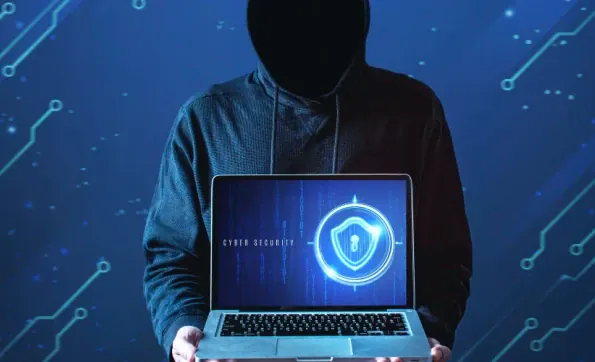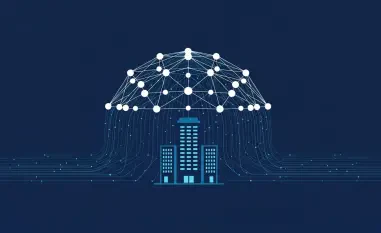As India strides towards becoming a digitally empowered society, its rapid adoption of technology has concurrently made it a prime target for cyber threats, demanding a fortified cybersecurity framework to protect its expanding digital interface. The escalation in cyber attacks globally, especially the sophisticated maneuvers executed by the Lazarus Group, a notorious North Korean cybercriminal organization, underscores the urgency for robust cyber defenses.
Rising Cyber Threats and Their Impact
India has commendably advanced in bolstering its cybersecurity infrastructure, attaining Tier-I status in the 2024 Global Cybersecurity Index. However, this progress is overshadowed by the sheer volume of cyber incidents reported in the past year. Approximately 370 million malware attacks and 1 million ransomware incidents suggest a pronounced vulnerability within India’s digital realms. Critical sectors such as healthcare, hospitality, and financial services have been particularly targeted, with significant breaches like the ransomware attack on Delhi AIIMS in November 2022 illuminating the potential havoc these threats can cause. Furthermore, the WazirX case in July 2024, which saw $235 million in cryptocurrency stolen by the Lazarus Group, is a stark reminder of the economic ramifications tied to these cyber exploits.
Government Initiatives and International Cooperation
To counteract these pervasive threats, the Indian government, under the aegis of the Ministry of Electronics and Information Technology (MeitY), has rolled out multiple measures. These include a plethora of interventions and the formulation of legal frameworks such as the IT Rules of 2021 and the Digital Personal Data Protection Act of 2023. The establishment of the Indian Cyber Crime Coordination Centre (I4C) underscores a systematic effort to streamline cybercrime responses. Complementing these steps, the Computer Emergency Response Team (CERT-In) plays an instrumental role in coordinating responses to cybersecurity incidents and safeguarding essential information infrastructure. Internationally, collaborations within the Quad and India’s G20 Presidency further amplify these national initiatives.
The Need for Enhanced Cybersecurity Measures
Despite the broad and aggressive measures taken, the persistent and evolving cyber threat landscape calls for further enhancement of resources and funding in cybersecurity. The suggestion for establishing a National Cybersecurity Authority (NCSA) has gained traction. Such a body would not only fill critical gaps in current structures but would also ensure efficient resource allocation, innovation in cyber defense techniques, and the creation of a resilient cybersecurity ecosystem. This proactive approach is crucial, shifting the strategy from merely reacting to threats to anticipating and mitigating them before they materialize.
Building a Collective Defense
The resilience of India’s digital economy hinges on a unified front involving government bodies, businesses, and individuals working collaboratively to prioritize and enhance cybersecurity. Investment in skill development, cutting-edge research, and substantial resources will be pivotal in securing India’s digital future. Collaborative efforts must focus on establishing India not just as a participant but as a leader in the global digital landscape.
Moving Forward
As India advances towards becoming a digitally empowered society, its swift embrace of technology simultaneously exposes it to significant cyber threats, necessitating a robust cybersecurity framework to safeguard its growing digital landscape. The surge in cyber attacks worldwide, particularly the sophisticated ones executed by the Lazarus Group, a notorious North Korean cybercriminal syndicate, highlights the critical need for strong cyber defenses.
The Lazarus Group, known for its high-profile breaches and intricate hacking techniques, exemplifies the evolution of cyber threats in a technologically interconnected world. India’s pursuit of digital transformation, while promising immense progress, must be paralleled by stringent cybersecurity measures to protect sensitive information and critical infrastructure. This dual approach is vital to ensure that the benefits of technological adoption are not overshadowed by vulnerabilities to cyber attacks. In this era of rapid digital change, a fortified cybersecurity framework is not just a necessity but an imperative for securing India’s digital future.













